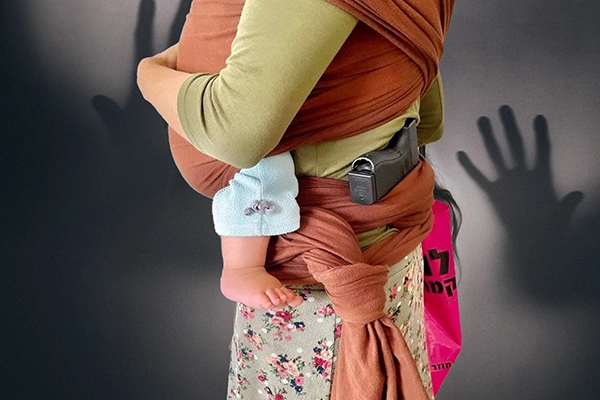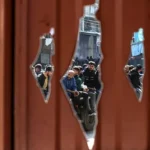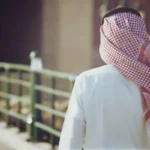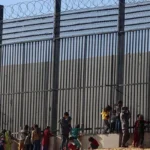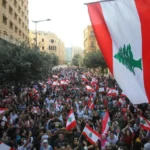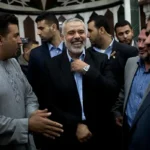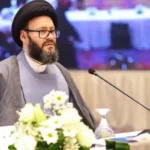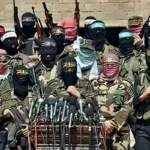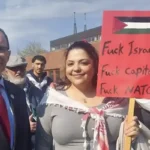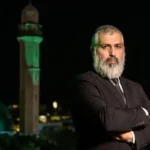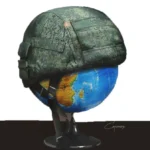The events of October 7th marked a turning point for Israelis, triggering a collective trauma that awakened a deep-seated “kill or be killed” impulse. As we examine the reflections of individuals and the broader Israeli society, it becomes clear that self-reflection is crucial in addressing the underlying causes and consequences of this mentality.
Blaming Extremists: The Hague Cloud
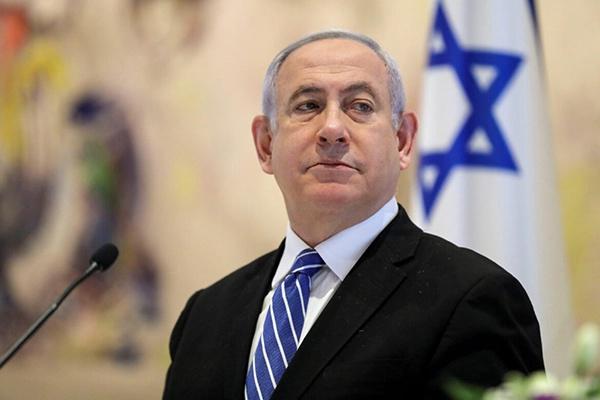
In the wake of the trauma, many have sought to assign blame to what they perceive as “extremists.” Prime Minister Benjamin Netanyahu and his allies, including transfer advocate Bezalel Smotrich, have faced criticism for their rhetoric. Surprisingly, even popular figures like singers Eyal Golan and Kobi Peretz have been indicted by the International Court of Justice in The Hague. Likud member Moshe Saad’s statement about the annihilation of Gazans has further fueled this blame game. However, Saad’s words, though shocking, are not entirely unfounded. The sentiment of destruction has permeated various circles, even among those previously considered leftist.
The Social Climate: A Collective Trauma
The enormity of the collective trauma has given rise to dark emotions such as revenge, which were once deemed indecent in mainstream Israeli society. The indictment filed in The Hague may contain seemingly marginal examples and allegations, but they serve as evidence of the prevailing social climate in Israel today. The author, Noah Landau, shares personal experiences of encountering similar statements in unexpected settings. The trauma of October 7th intensified the already profound emotions accompanying childbirth, adding existential anxiety to the mix.
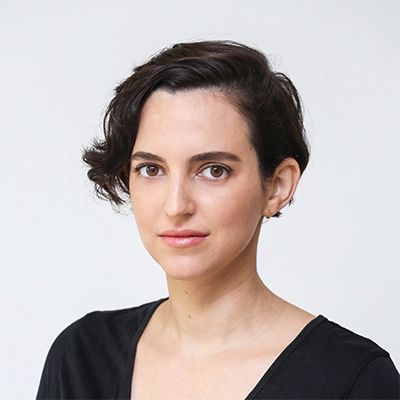
“One sunny day was pushing a baby stroller toward a public shelter. One mommy whispered: “Our ‘cousins’ (a euphemism in Hebrew for Arab citizens of Israel) work here. Don’t let them in.” I replied, “If a rocket falls on us, they will die too.” And she, expressing the very essence, said: “That’s true, but I’m afraid.”
Her fear was above their right to live. What can be done with such emotions?”
Noa Landau

The Duality of Emotions: Sympathy and Horror
As the author reflects on the emotional rollercoaster experienced during the trauma, they highlight a crucial dichotomy: the simultaneous feelings of sympathy towards Israeli babies kidnapped by Hamas and horror at the fate of Gaza’s children. However, sharing these complex emotions has become increasingly challenging. In a workshop for mothers of newborns, the author finds herself surrounded by cooing mothers who express callous indifference towards the residents of Gaza. Even a nurse at a children’s medical center suggests bombing the entire Gaza Strip in casual conversation. It becomes evident that sympathizing with civilians on the other side is now considered a betrayal of the homeland.
The trauma of October 7th has legitimized previously taboo emotions and statements in public discourse. Revenge, containment, and the impulse to “kill or be killed” have gained acceptance. Caroline Landsmann, a columnist, notes that combatting incitement to commit war crimes requires confronting millions of Israelis who harbor these sentiments. While the attorney general should not shy away from their responsibility, addressing this deep-rooted mindset will be no easy task.
Fear plays a significant role in perpetuating the “kill or be killed” mentality. The author recounts an encounter with a fellow parent who hesitates to let Arab citizens of Israel into a public shelter out of fear. When reminded that a rocket would endanger everyone, including “cousins” working there, the parent’s fear outweighs their recognition of the right to life. Such emotions pose a significant challenge to fostering empathy and understanding.
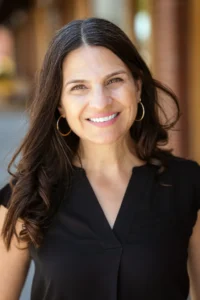
“Each of us, in our own way, has to find when we’re ready to step out of our shiva, and see that there is a world of human suffering that is happening just over the border.” It is also about the society we want to live in ourselves. “I think at some point, our own humanity is on the line. We Jews, who expect the world to see our pain, have a particular responsibility to see and understand Palestinian human suffering.”
Rabbi Sharon Brous – Author of the new book “The Amen Effect: Ancient Wisdom to Mend Our Broken Hearts and World”
Introspection: Facing the Mirror
In the aftermath of the trauma, it is essential to engage in self-reflection as individuals and as a society. It is easy to point fingers and condemn those like Moshe Saad, but the true challenge lies in acknowledging the existence of a little Saad within ourselves. It requires actively denouncing and excluding these dark impulses from public discourse. Moreover, it demands an insistence on expressing sympathy for civilians on the other side, even in the face of opposition. By doing so, we can prevent ourselves from becoming the very embodiment of what we condemn.
The trauma of October 7th has left a lasting impact on Israeli society, spawning a “kill or be killed” mentality that challenges the values of empathy and compassion. Blaming extremists and external forces may provide temporary relief, but true healing requires introspection and self-reflection. By confronting the dark emotions within ourselves and society, we can work towards a more compassionate and understanding future. Only then can we break free from the shackles of fear and revenge, ensuring a brighter and more harmonious tomorrow for all.

